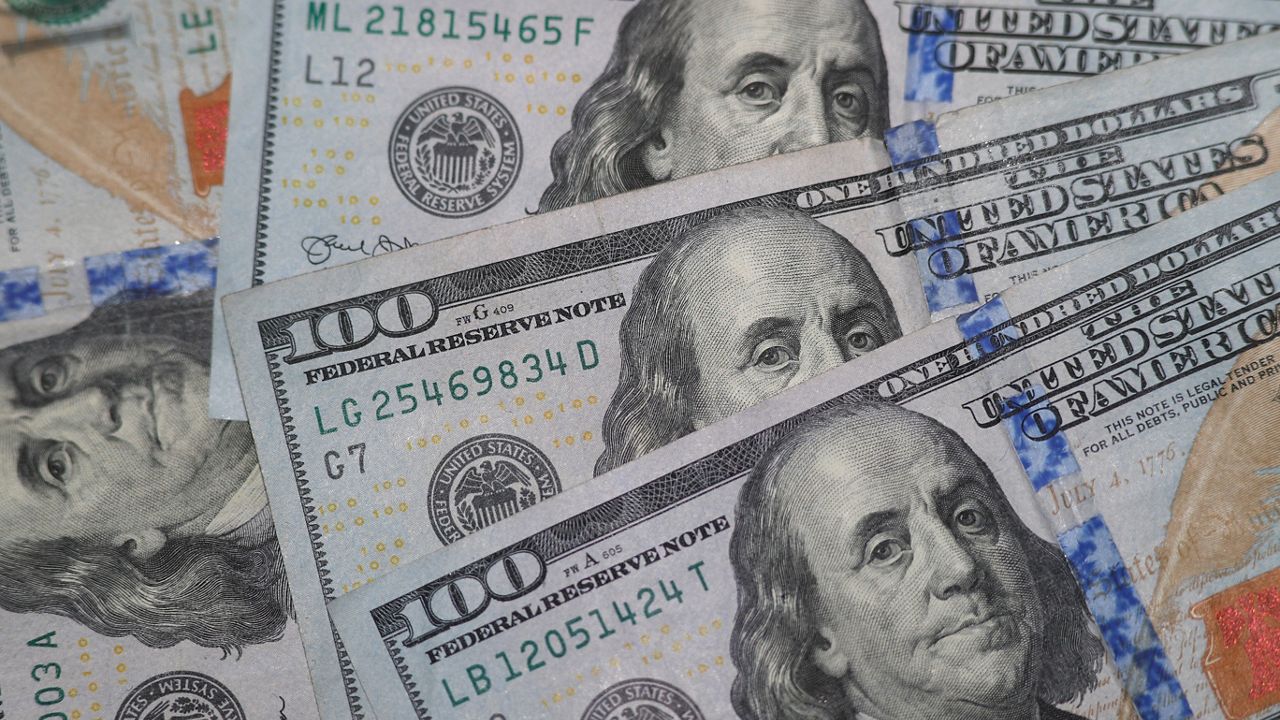The long-sought goal of having political campaigns in New York state be partially funded with public money is falling into place with the launch of the new public campaign financing program this month at the state Board of Elections.
Good-government advocates have hoped the system, which will allow direct contributions of between $5 and $250 to be matched with public funds, will create a sea change in how campaigns are funded in New York. But with the rise of independent expenditure campaigns backed by a handful of wealthy people, it's possible the system could be subsumed by unlimited funds still flowing into the political system.
The new program will be co-lead by a Republican and Democrat and overseen by Democratic former Assemblywoman Barbara Lifton and former Assembly Minority Leader Brian Kolb.
“I am pleased to see the timely launch of New York’s first statewide small donor matching program," Lifton said. "We hope that the new program will encourage candidates to rethink money in politics and empower small scale donors to get involved."
A system of publicly financed campaigns has been in place for New York City, but now it is moving to a statewide scale in the new election cycle. The hope is smaller dollar donations, backed by money drawn from a pool of unclaimed funds overseen by the state comptroller, will reduce the influence of big money in politics.
All statewide candidates, including those running for governor, comptroller and attorney general, as well as the 213 legislative seats in Albany, are eligible to participate.
Candidates who are running for state Senate and Assembly seats in the 2024 campaign will be eligible to participate in the program with matching contributions. Only contributions from donors inside the district will be eligible for public matching funds.
The public campaign financing system was approved over Republican objections, who had argued taxpayer money should not be used to foot the bill for political campaigns.
“This will be the largest and most expensive taxpayer funded campaign program in the country,” Kolb said. “Our goal is to ensure that a fair, balanced and trustworthy initiative will be successful in its operation, while ensuring that the taxpayers investment is well managed and protected.”
And despite the lofty goals of reducing the influence of money in politics, some good-government advocates are worried the system could be undermined by the super PAC era. This year, Republican candidate for governor Lee Zeldin benefitted from millions of dollars in outside money from independent expenditure campaigns pushing for his election.
One donor, billionaire Ronald Lauder, contributed a combined $9 million to committees that sought to boost Zeldin.


